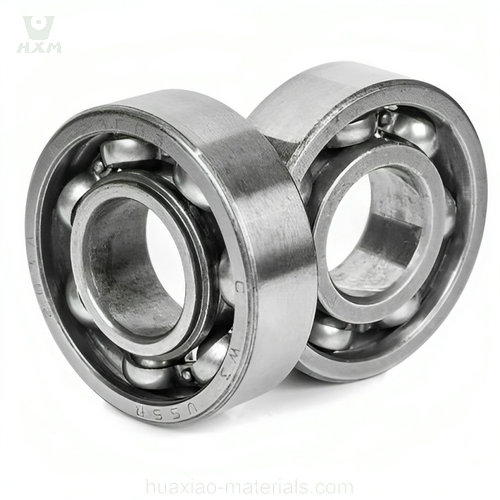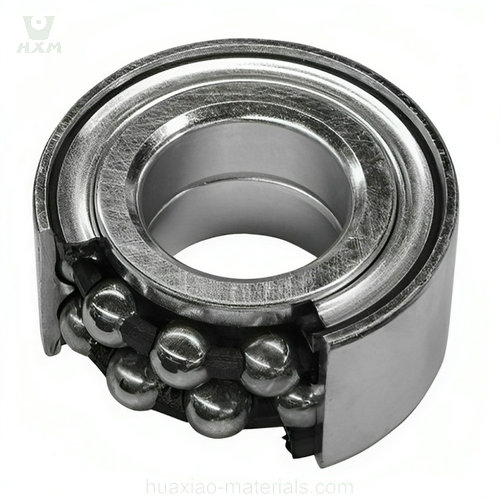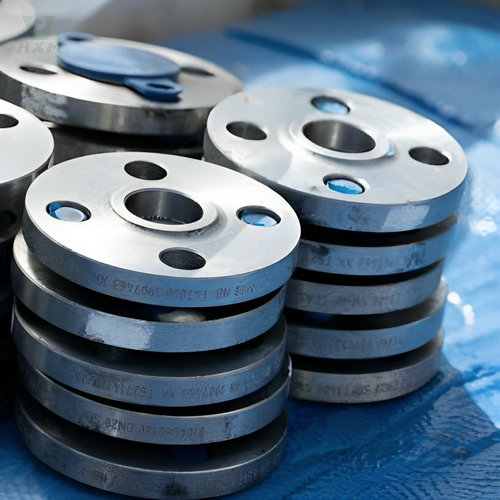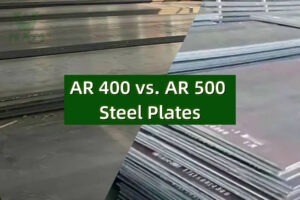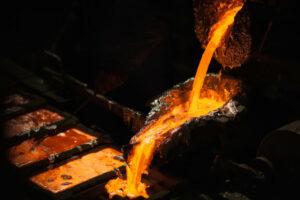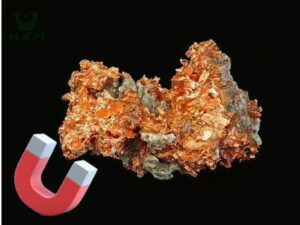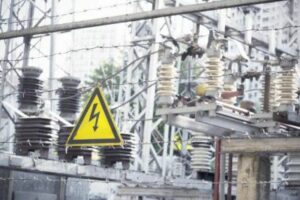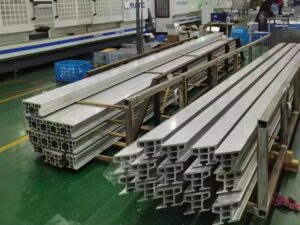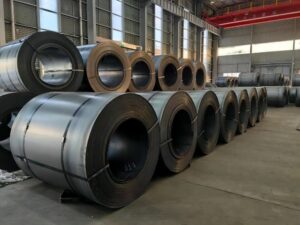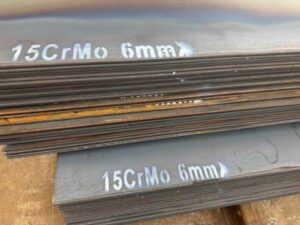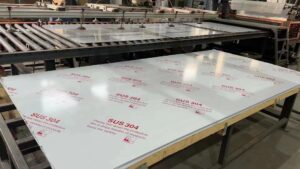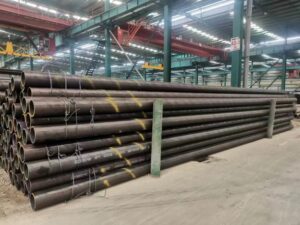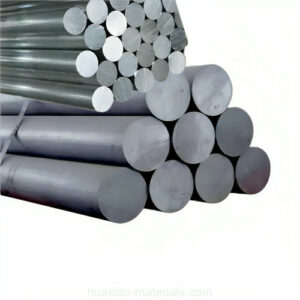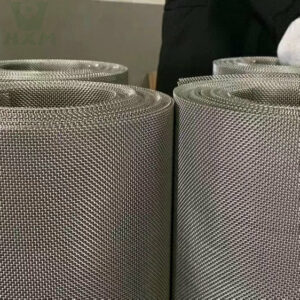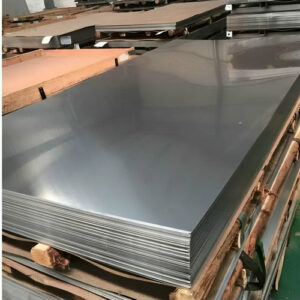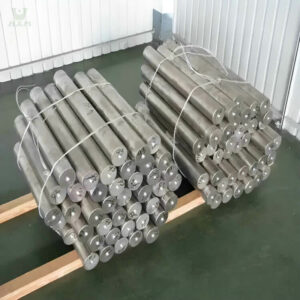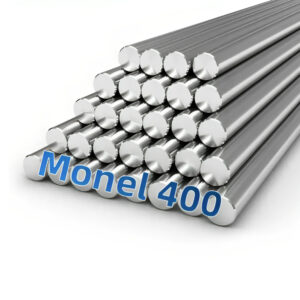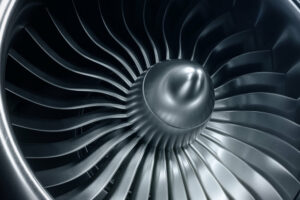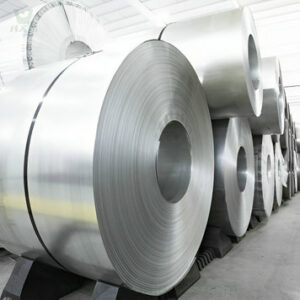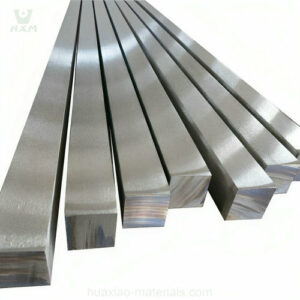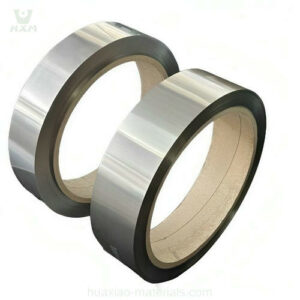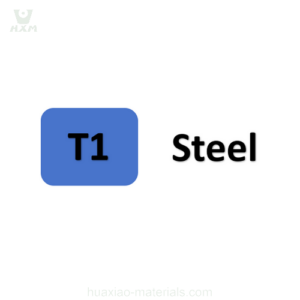52100 bearing steel is most commonly used in various fields and industries where high-performance bearings are required due to its excellent combination of hardness, wear resistance, and durability. Some of the key fields where 52100 bearing steel finds extensive use include:
Automotive Industry: 52100 bearing steel is widely used in automotive applications, such as wheel bearings, transmission bearings, and engine components. Its ability to withstand high loads and resist wear makes it an ideal choice for critical automotive components.
Aerospace Industry: In the aerospace sector, 52100 bearing steel is used for aircraft and spacecraft components like landing gear bearings, control systems, and engines. Its reliability and high-performance characteristics are essential in aerospace applications.
Industrial Machinery: Bearings made from 52100 steel are used in various industrial machinery, including manufacturing equipment, conveyor systems, and heavy machinery. The steel’s durability and ability to handle heavy loads make it suitable for these applications.
Electric Motors: Electric motors, ranging from small appliances to large industrial motors, often incorporate bearings made from 52100 steel due to their smooth operation and longevity.
Power Generation: In power generation facilities, such as wind turbines and hydroelectric plants, 52100 bearing steel is used in turbine and generator bearings to ensure reliable and efficient operation.
Marine Industry: Bearings in marine equipment and ship engines are subjected to challenging conditions, including exposure to saltwater. 52100 steel’s corrosion resistance and toughness make it suitable for marine applications.
Rail Transportation: Bearings used in train wheels, axles, and rail systems often rely on 52100 bearing steel for its ability to withstand heavy loads and provide a smooth ride.
Medical Devices: Precision medical devices, such as surgical instruments and dental handpieces, may use bearings made from 52100 steel for their accuracy and reliability.
Sporting Equipment: Some sporting equipment, including bicycle wheel bearings, fishing reel bearings, and skate bearings, utilize 52100 bearing steel to provide smooth and efficient motion.
Oil and Gas Industry: In oil drilling equipment, 52100 steel bearings are used in drill bits and downhole tools, where they must withstand extreme pressure and temperature conditions.
These are just a few examples of the diverse applications of 52100 bearing steel. Its ability to perform under high loads, resist wear, and provide reliable operation makes it a preferred choice in critical machinery and equipment across various industries.
